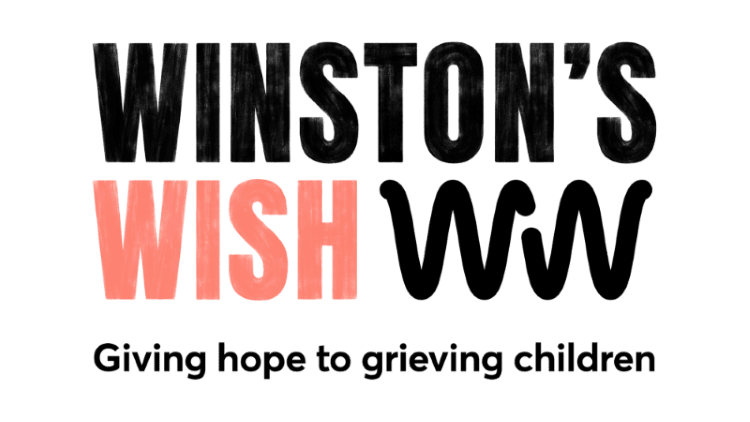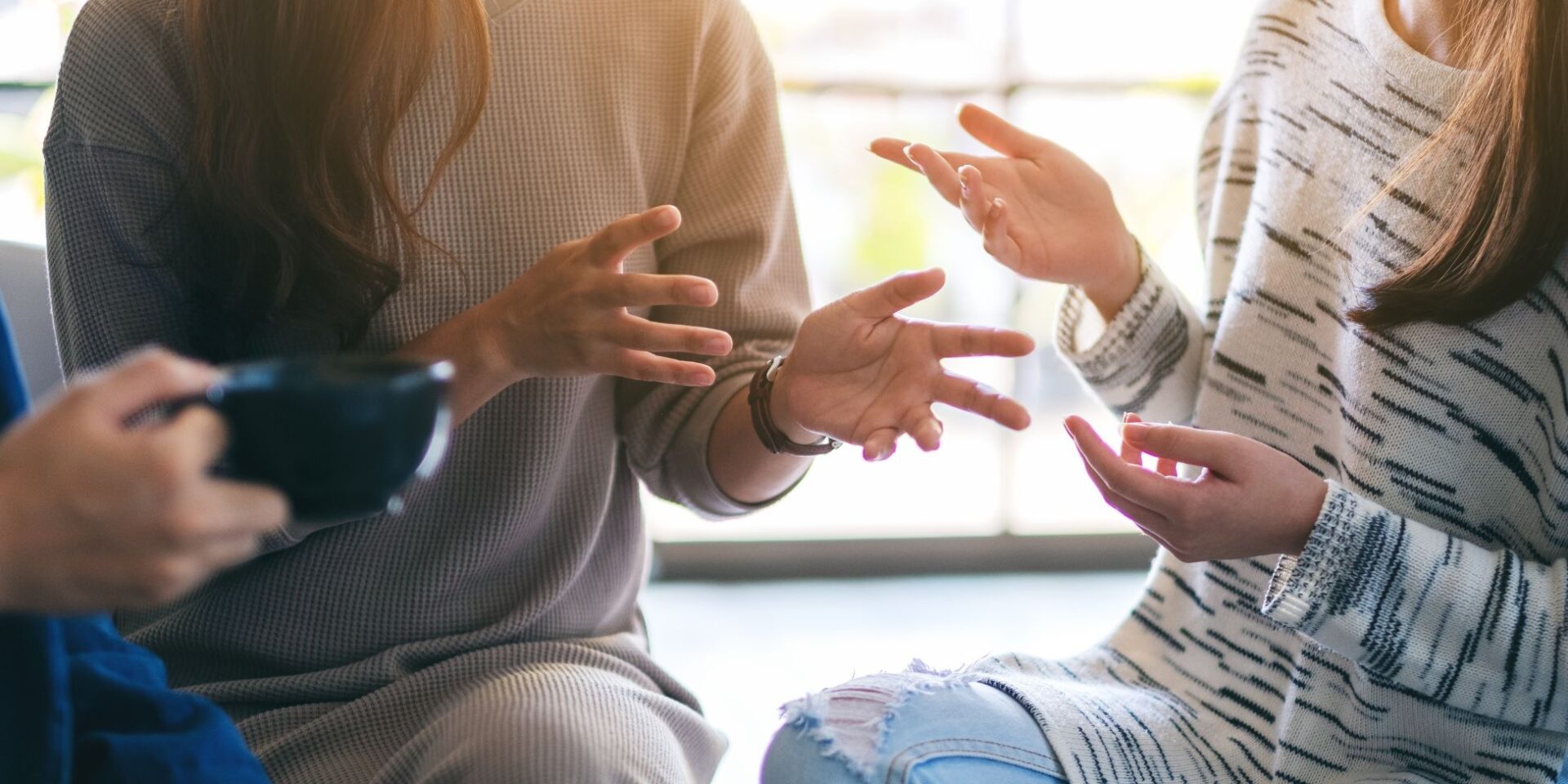Winston’s Wish bereavement counsellor, Rebecca Wemyss was recently published in the British Association for Counselling and Psychotherapy following talks with our Youth Ambassador team.
“I spoke to some of our Youth Ambassadors whose role is to ensure that the young person’s voice is heard within the organisation by getting involved in opportunities such as content creating, interviews and raising awareness. Here, Grace (23), Maya (24) and Olivia (19) talk about their experiences of being bereaved of a parent at a young age and the support they received afterwards.”
Rebecca: Did your grief change over time, and, if so, how did your need for support change?
Grace: “My grief definitely changed over time. My dad died when I was eight and I received support really soon after. Counselling helped massively with my communication and expressing how I felt. By the time I was 16, my understanding of what had happened when my dad died had changed, and I felt I needed counselling again. Now, aged 23, I don’t feel the need for professional counselling support anymore. I am much more aware of my triggers and feel peer support is helpful.”
Maya: “I was five when my dad died and I received counselling immediately afterwards. When something happens at that age, it becomes the new normal very quickly, so having counselling right away allowed me to see that this thing that had happened was big and needed to be talked about. Later, my grief started to manifest itself in different ways, mainly in the form of health anxiety and I had counselling again aged 15 to address this.”
Olivia: “My journey through grief began when I was 12. Being the eldest sibling, I instinctively took on the role of being the ‘strong one’ within my family and found myself dealing with my emotions in silence. I had counselling for a year and a half initially and opening up to a counsellor allowed me to express my grief in a way that felt safe and effective. I returned to counselling age 16 during lockdown and again when I was 18.”
Having counselling right away allowed me to see that this thing that had happened was big and needed to be talked about.
Maya
Rebecca: Is there a ‘right time’ to access counselling after a bereavement?
Grace: “When my dad died, I didn’t really know what was happening, and counselling helped me to get in touch with my emotions. I think for those who are older, it can hit them at different times, so it’s more about the support being available when a person needs it, which might not be straight away.”
Maya: “I don’t think there’s a right or a wrong time, it’s just when it’s needed and that’s different for everyone. I think receiving counselling straight after my dad’s death was helpful for me because it helped me realise that there was something to feel sad about and an issue to address. I don’t think I was too young [at five]; I would have just gone on without addressing it if I hadn’t had counselling.”
Olivia: “I believe that addressing grief early on is vital, waiting too long to seek help can make it increasingly challenging to open up about our emotions and needs. My counselling journey so far has taught me that it’s OK to seek help at whatever age you are, or however long ago your loved one passed away and that’s a sign of strength, not weakness.”
Rebecca: Were there any barriers to accessing support?
Grace: “I was very blessed to be in the Winston’s Wish catchment area when I was bereaved, which meant there was no hassle getting support.”
Rebecca: “I see, because, at that time, our service was only available face to face, whereas now, all our bereavement counselling is online and more easily accessible.”
Grace: “Yes, and by the time I was 16 and needed that ‘top up’ support, I had moved to another area and was turned away by two different services. I didn’t find the counselling offered by school helpful, so my mum and I ended up having to drive two hours to another area, as this was the only way I could access counselling.”
Maya: “I was lucky that my mum is a psychotherapist and knew where to look for support for us; if she had a different profession, I don’t know if it would have been that easy. In general, I didn’t find school support helpful, my tutors weren’t approachable, and the counselling service was not well advertised. Nowadays, cost is an issue for private counselling.”
Olivia: “My family and I were incredibly fortunate in being able to access support after my dad died, but potential barriers for people could be lack of awareness of available services or emotional barriers such as the initial fear of sharing your grief with a complete stranger.”
Rebecca: What advice would you like to offer to counsellors working with bereaved children and young people?
Grace: “I found my counsellors extremely useful and supportive, what helped has that they explained how things were going to work and I always had a choice about what to say and do. The one thing I suggest for counsellors working with bereaved children and young people is that they need specialist training. I once visited a counsellor who was not bereavement trained and she didn’t know what to do with me! I think one of the misconceptions of grief is that you get over it. I don’t think I’ll ever get over my grief, but I have learned how to deal with it.”
The one thing I suggest for counsellors working with bereaved children and young people is that they need specialist training.
Grace
Maya: “Counsellors should look for what helps a child engage and express themselves, for me this was writing rather than drawing or colouring, even aged five. I didn’t find the concept of ‘homework’ helpful when I had counselling at 15; I wanted to keep the therapy within that one hour time slot. Also, I personally found long silences hugely uncomfortable and actively unhelpful. I was looking, at that age, for someone to guide the conversation more.”
Olivia: “The key to effective counselling for bereaved children and young people
is adaptability, creating a safe space and providing a variety of therapeutic approaches to address their unique needs. I think it’s important to recognise that grieving is an ongoing process and can resurface at any point in life, so it’s essential to encourage ongoing support and follow-up sessions for children and young people as and when they need them.”

This article first appeared in the March 2024 issue of BACP Children, Young People & Families Journal published by the British Association for Counselling and Psychotherapy. https://www.bacp.co.uk/bacp-journals/bacp-children-young-people-and-families-journal/ ©BACP 2024.

How to get grief support
Winston’s Wish provides support for children, young people up to the age of 25 and adults supporting them.
You can call our Freephone Helpline on 08088 020 021 (8am-8pm, Monday to Friday), email us on ask@winstonswish.org or use our live chat (open 8am-8pm, Monday to Friday). Our support workers are here to listen, can offer immediate guidance and resources and tell you what support we can offer and what might be most suitable for you.
Our Winston’s Wish Crisis Messenger is available 24/7 for urgent support in a crisis. Text WW to 85258.


